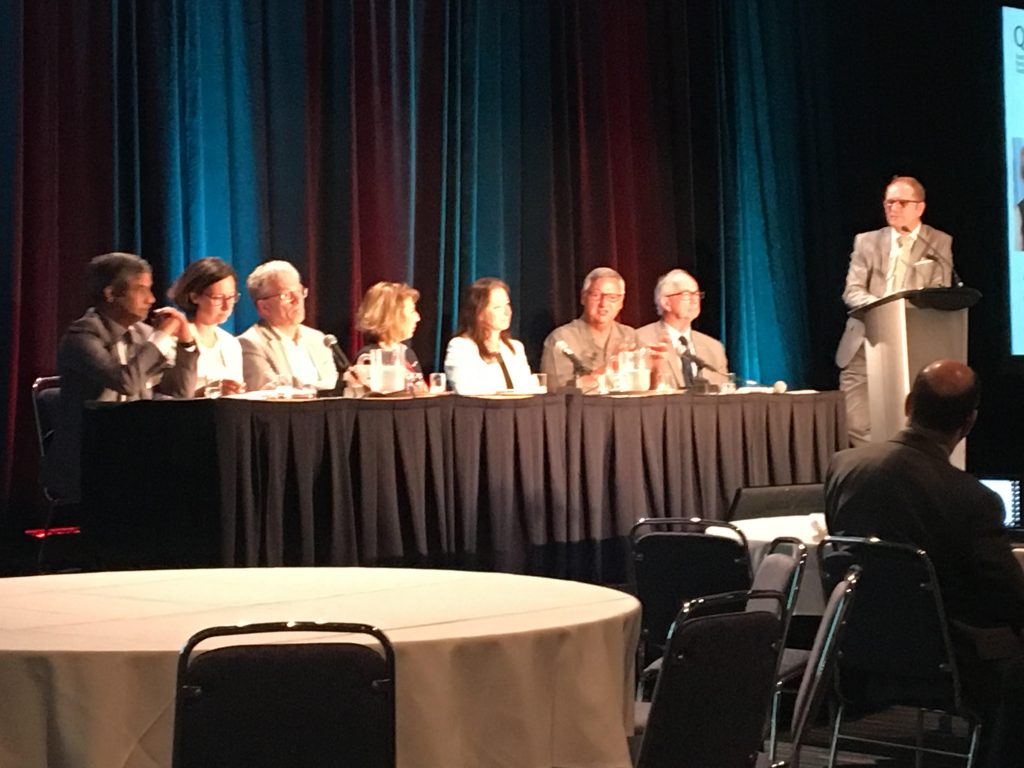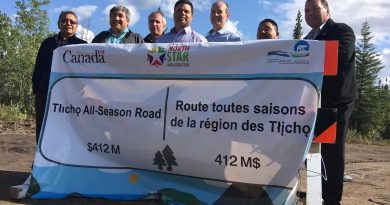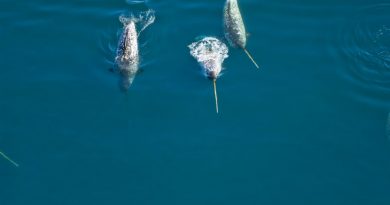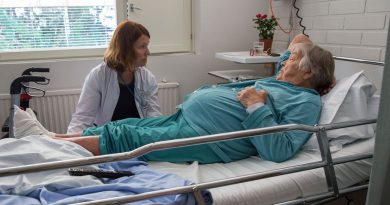Indigenous participation in research key to improving health outcomes, says expert

Community participation in research is key to improving health outcomes in Canada’s First Nation’s, Inuit and Metis communities said an international expert on Indigenous health at a gathering of scientists and policy makers on Friday.
“A lot of times in our community, we feel that we weren’t really well served by peer revue because a lot of issues that were very important to community health were ignored, ” said Jeff Reading, First Nations Health Authority Chair in Heart Health and Wellness at Canada’s St. Paul’s Hospital, at an International Network for Government Science Advice (INGSA) workshop panel in Montreal.
INGSA, which operates under the auspices of the International Council for Science, held the one-day event to discuss the use of evidence -based science in policy making and how science advice can be used towards achieving Sustainable Development Goals.
Producing quality science
Reading says the changes he made as chair of the peer review panel at the Canadian Institutes of Health Research, which included conditional bridge funding as well has having panels made up of both community voices and scientific voices, has helped to address this.
“Both (voices) are given equal value in the peer revue scoring,” Reading said. “I’ve been really impressed with the quality of the science that’s come out of this merging of community with scientific knowledge and the interaction that comes out of it.”
Reading says closer collaboration between science and the needs of Indigenous communities in Canada can produce both more robust science as well as improving social inequities in First Nations, Inuit and Metis communities, but that it’s important for scientists and policy makers at large to get involved in supporting this collaboration.
“Reconciliation is not about Native people changing who they are,” he said. “It’s about the mainstream changing to accommodate the needs of the Indigenous people in this country.”
Contact Eilis Quinn at eilis.quinn(at)cbc.ca
Related stories from around the North:
Canada: Ignoring Indigenous women’s traditional knowledge hurts Arctic science, G7 summit hears, Eye on the Arctic
Greenland/Denmark: Arctic science agreement comes into effect on Wednesday, Eye on the Arctic
Norway: The food crisis in the Far North, Barrents Observer
Russia: Russia plans fenced parks to confine reindeer herding in Arctic, The Independent Barents Observer
United States: Mixing science with traditional knowledge, researchers hope to get seal oil on the menu in Alaska, Alaska Public Radio Network



